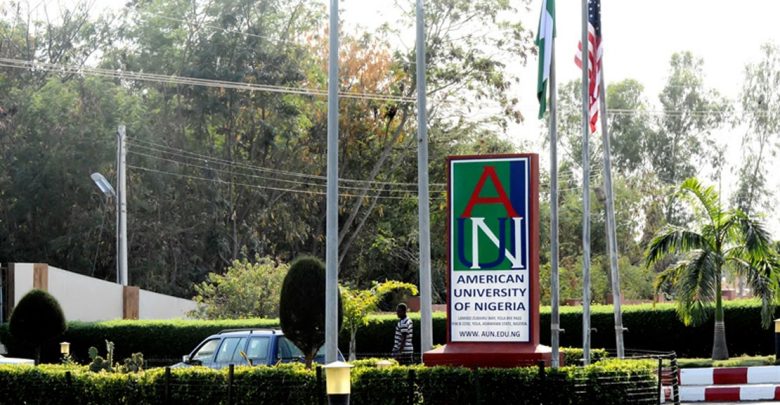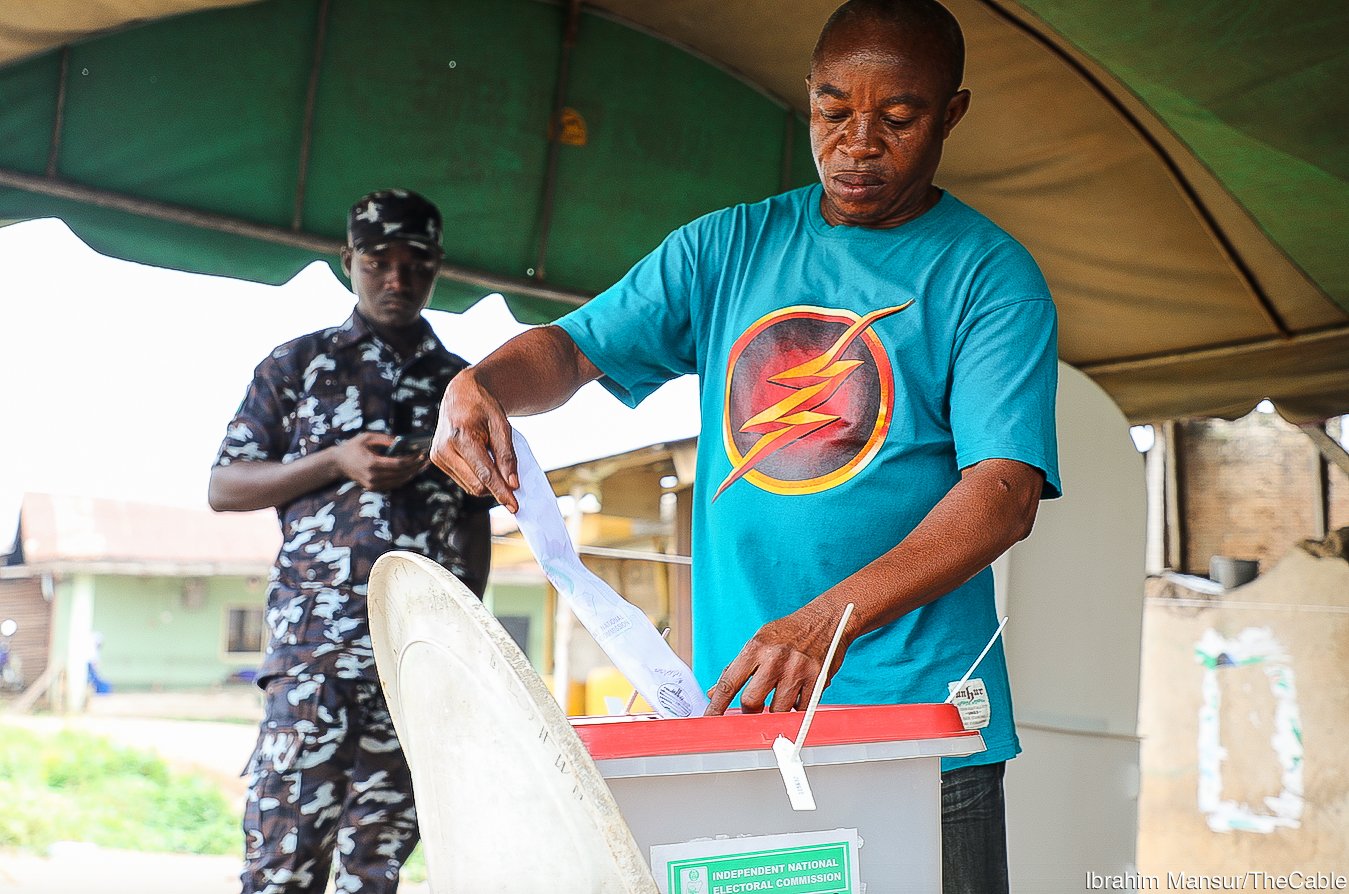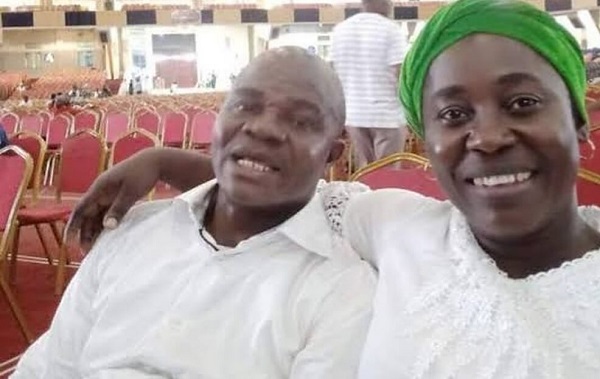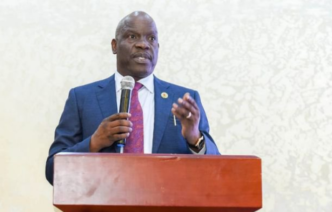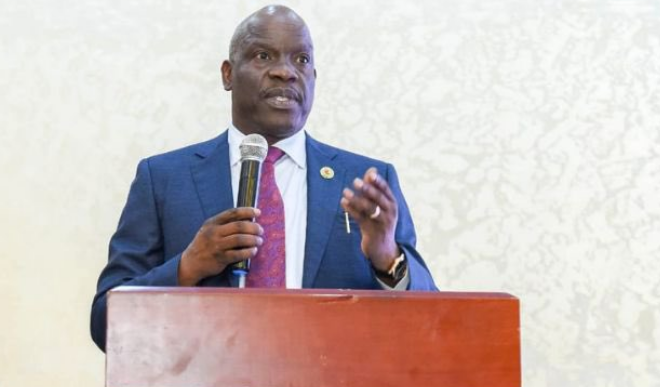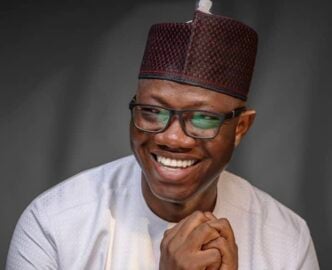BY ADELEKE BANWO
“We believe that we all have a responsibility to contribute our time and talents to the betterment of society as a whole.” — AUN
Much is known and written about corporate social responsibility (CSR) done by organisations and enterprises in different communities. However, there is a dearth of literature and discourse on personal social responsibility (PSR) by individuals in local communities and universities.
Personal social responsibility embodies a civic commitment and actions that contribute to a nation’s development, inculcating the habit of giving back to the community through a series of actions using a bottom-up model and consultative approach. My book Postgraduate Pursuit in China: A Practical Guide captures the benefits of social responsibility to student well-being.
Advertisement
However, contextualised in the Nigeria University Context, it depicts an institution’s practical commitment to developing students committed to nation-building and giving back to their local communities irrespective of background and discipline.
The clarion call
The American University of Nigeria’s development model uses a learning-by-doing model and process that inculcates compulsory and robust community service for all its students, covering different areas of interest in Adamawa. The practical benefits of this model are evident in the development of students who give back to their local communities through teaching, community consultation and engagement, and capacity-building programs.
Advertisement
The university’s strategy inculcates a positive national civic responsibility in all generations of students who pass through it. This learning-by-doing approach and immersions enable practical and real-life problem-solving and understanding of local nuances and communal insights.
The development model of AUN is a case study, and its replication across universities in Nigeria can solve immense local problems and develop young citizens with practical immersions and civic commitments to the development of their respective local communities. If all Nigerian Universities implement and contextualize the development model of AUN for their respective communities, the multiplier impact would be monumental and impactful.
Seeing the joys and smiles on the faces of the primary school children renewed their hope and desire to aspire for greatness, and I recall on one occasion how the students joyfully chased the bus, chanting bye, teacher. Embarking on field visits and engagements with communities also deviates from the conventional academic model where problems or initiatives are implemented without minimal local engagements; having their voice and listening to the wealth of regional and native intelligence enables effective utilization of resources and contextualised development solutions.
Scholarly evidence attests to the fact that good habits benefit national development, and the university model in blending corporate and personal social responsibility showcases a strong commitment to local development engagement without relying on the government.
Advertisement
The uniqueness of this model offers a rich learning experience and understanding of contextual and cultural ethos, and thus, by the time they go for the compulsory National Youth Service Corps (NYSC), they are already trailblazers and easily acculturate and integrate into their local communities of posting. Imbuing the spirit and attitude of purposeful community service is essential for the National Development of Nigeria. If each person practices personal social responsibility in his or her community, we all stand to gain as our shared living experiences improve collectively.
The micro-macro model
Ingraining the community development model at the micro level of the University community is a panacea for local community development. It differs from the macro model of CSR initiatives, which are usually one-off. The micro approach utilizes an immersive volunteering process that engages students and allows them to pursue various initiatives that aim to solve local problems, having gained local understanding from the immersion and engagements, unlike some macro models of CSR that might not be sustainable in the long term.
Nurturing this sense of civic commitment in University students is impactful and positions them with a vantage understanding of the complexity of problems confronting different communities in Nigeria. Like the US Peace Corps, United Nations Volunteers, and Nigeria Directorate of Technical Aid Corps Volunteers, the AUN volunteering and community service model in Adamawa has a positive developmental impact. Beyond the experiences, students who complete 50 or more hours of community service earn the AUN Community Service Certificate.
Advertisement
Replicating the AUN model in other institutions of learning in Nigeria would have an immense positive impact on development without relying solely on the Government. It is our collective responsibility, and inculcating this would shape positive civic behaviors and attitudes.
Dr. Banwo is a faculty member at the American University of Nigeria. He is recognized for his immersive research in Organizational and Environmental Behavior, Ecopreneurship, learning by doing models, and extensive experience in corporate strategy, capacity-building, international education, project management, and business consulting.
Advertisement
Views expressed by contributors are strictly personal and not of TheCable.
